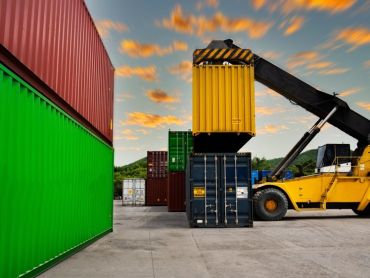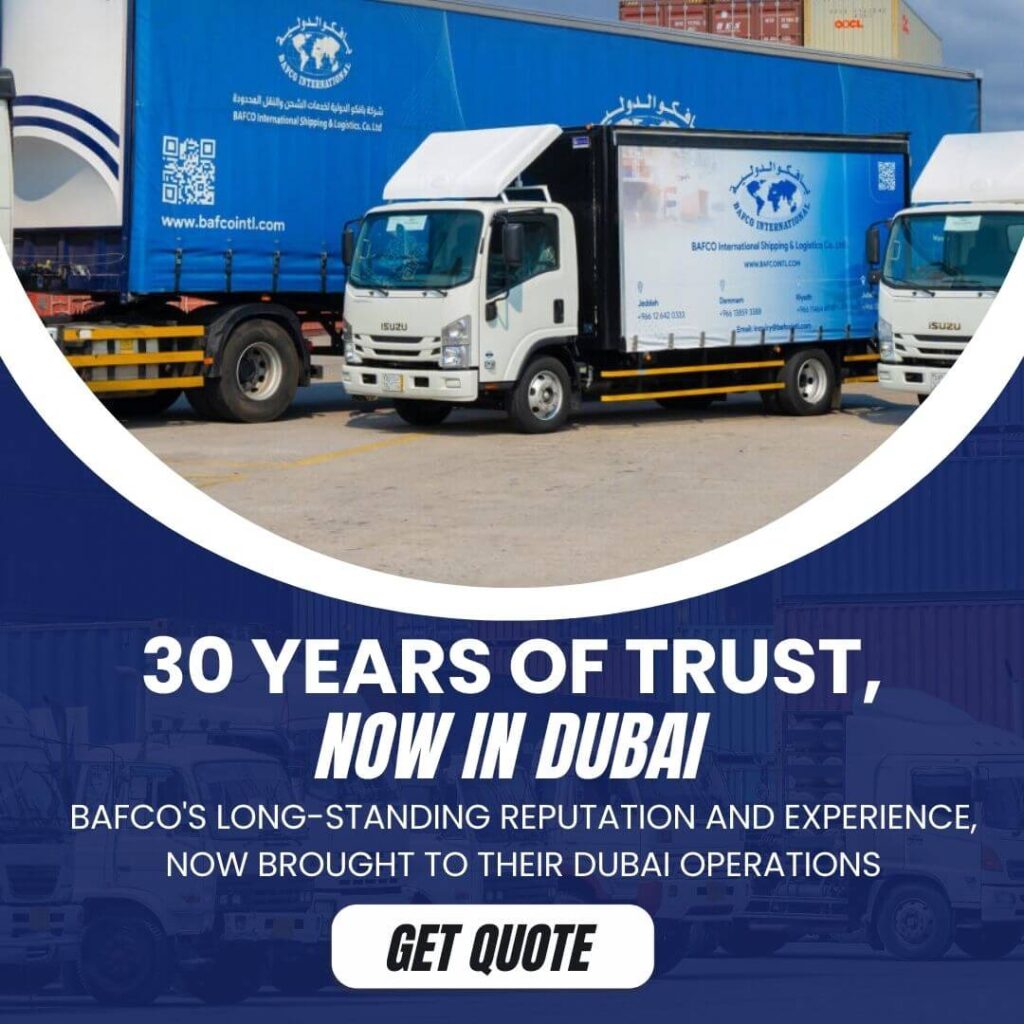Documentation is key to a smooth import or export experience. While petroleum and petrochemical products account for a majority of Saudi Arabia’s exports, the country’s largest share of imports is made up of machinery and electrical equipment. So, what are the documents required to import/export in Saudi Arabia?
The documents required when importing cargo to Saudi Arabia or exporting cargo from the country depend on the trade agreements between the two countries and the nature of goods being imported. Some of the common documents required include:

Documents needed to import to Saudi Arabia
- Customs Entry document – this must be specified by the country from which the goods are being exported. It can be prepared by the exporter or a customer’s broker.
- Customs and clearance declarations
- Copy of the Import/ Export License – this must be obtained from the government.
- Insurance Certificate issued by a government-authorized insurance service provider
- Letter of Credit or Purchase order between the importer and overseas supplier
- Certificate of Origin issued by a competent authority.
- Commercial Invoice and packing list as issued by the seller – this is used to assess the true value of the goods when calculating custom duties
- Packing list – the packing list for import/export must be more detailed than a domestic packing list. It must include information about the seller, buyer and shipper along with invoice numbers, date of shipment, quantities, product description, mode of transport, type of packaging, dimensions and total net and gross weight. Note that this cannot be considered a substitute for the commercial invoice.
- Saber Approval of the shipper company and the commodity imported.
- Customs Broker online Authorization for customs clearance.

Documents needed to export products from Saudi Arabia
- Performa Invoice – this is an invoice created by the exporter. It must mention the name of the buyer, the value of goods being transported and other key specifications.
- Material Safety Data Sheet – This document mentions information on the potential health, reactivity, environmental or fire hazards, how to store and use the product and emergency procedures for accidents.
- Customs Broker online Authorization for customs clearance.
Besides depending on the country’s trade agreements, importers may also require additional documentation such as:
- Customs bond
- Legal Undertaking
- Certificates of Inspection by an internationally recognized agency
- ATA CARNET/Temporary shipment certificate
- Certificate of Analysis to confirm the product being imported
- Certificate of Free Sale
- Weight Certificate
- Consular Invoice

Product-specific documentation includes
- Ingredients certificate
- Health certificate
- Radiation certificate
- Dangerous goods certificate
- Halal certificate
- Product specification certificate
- Veterinary Health Certificate
- Ministry of Agriculture Certificate, etc.,

Proper documentation is key to avoiding customs delays. As an importer or an exporter, you must ensure that the information in the documentation is true, complete and consistent across all documents. The above list is subject to change from time to time. Thus, when you choose a logistics partner, ensure that they are abreast of the latest documentation requirements and can help you get all the required documents. If you still need more clarity on how to choose the best logistic company in Saudi Arabia to handle your shipments, please do read this blog you will get more clarity on selecting and working with best logistic companies in Saudi Arabia.
For more information and specific queries you can write to inquiry@bafcointl.com










